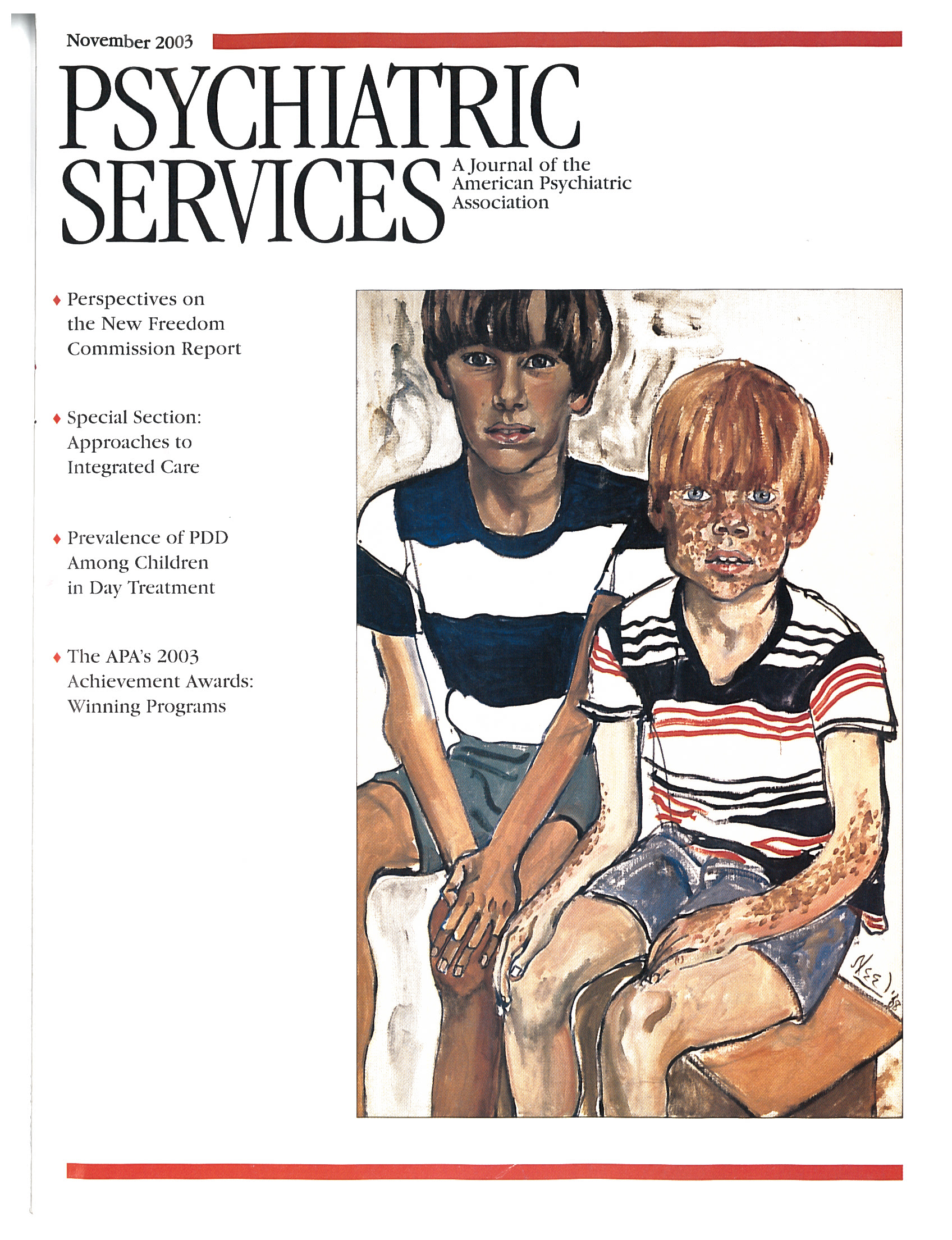Religious Theories of Personality and Psychotherapy: East Meets West
In this book, psychologists of Hindu, Buddhist, Taoist, Jewish, Christian, and Islamic faiths address the interface of theology-religion-spirituality with psychology. Religious Theories of Personality and Psychotherapy: East Meets West, edited by R. Paul Olson, M.Div., Ph.D., represents a bold attempt to look in an integrated manner at the essentials of each of these faith traditions, each tradition's theory of personality, its religious theory of suffering or pathology, its view of therapy, and its unique procedures and techniques to produce change, as well as research possibilities and points of dialogue among the faiths. Identical case histories are discussed that place a given individual in each belief system and address in a practical way how to help that individual through his or her difficulties.
The idea is an excellent one but ends up being quite limited in its practical value for the mental health practitioner, for the reason stated explicitly in the book's introduction: "The selections are uniquely their [the authors'] own and should not be considered comprehensive or official representations of spiritual tradition, nor are the selected themes what other devotees might choose to emphasize."
Readers will naturally be drawn initially to the religious traditions most familiar to them—in my case, Judaism and Christianity. The Jewish psychologist affirms what has been stated in the introduction: "This chapter is an interpretation of the relationship of Judaism to psychological theories. It is offered as a Jewish psychology, not the Jewish psychology." Judaism does indeed encompass a wide range of positions within its boundaries, only one narrow portion of which is represented by this Jewish author.
The Christian psychologist goes even further by stating, "Among liberal Christians, with whom this author identifies, scripture is taken too seriously to take it literally." This would be highly offensive to conservative Christian patients and to what they believe. Indeed, the author's account of Christian humanism, in essence, denies the need for Christ's death on the Cross with the shedding of his blood for the forgiveness of sin and his miraculous literal resurrection to overcome the power of sin and Satan—core beliefs of Biblical Christianity. Others, who are more familiar with the other faith traditions, would have to speak in relation to those traditions.
The book's scholarly approach, with each author's eloquent, detailed, and sometimes repetitive explanations and justifications of his or her particular views, again makes it difficult for clinicians who might want to investigate the religious framework of their client to get a concise, clear understanding of persons from faith traditions other than their own.
If this is a book written by scholars for scholars who share the authors' place on the spectrum of belief, it may well have fulfilled its purpose. As a book for clinicians, however, its value is in broaching the subject in a wonderfully integrated manner. It will have to be left to future efforts to bring more balance, more simplicity, and a more comprehensive view of each of these major faith traditions and their integration with mental health theory and practice.
Dr. Wiesner is immediate past-chairman of the corresponding committee on religion, spirituality, and psychiatry of the American Psychiatric Association and lives in Swarthmore, Pennsylvania.



